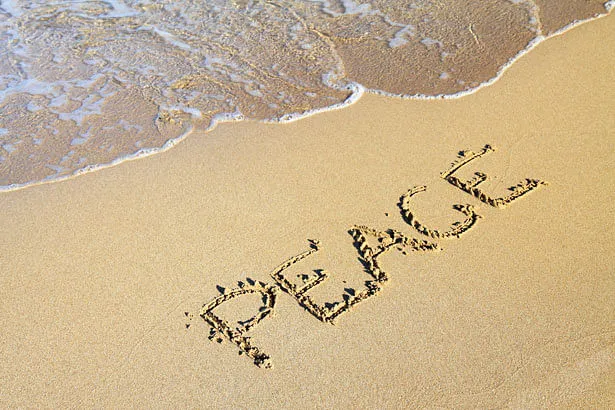Why India and Pakistan for the last seventy years have been living in constant animosity, living only like two competing military powers. It surprises many of us that why cannot we find a day when both the countries live like Canada with America, or other countries of Europe. Countries together in history have parted bitterly, but lived in peace. The cases of Nordic countries are a pleasant offerings to read history well, and to believe how different countries breaking from the same origin can exist decently and with mutual respect for each other citizenry. There are hardly borders for a Scandinavian citizen, when they crossover into each other’s territories. Nothing happens to check them. Nobody stops to see their papers, humiliate them with their national identities. Yet they live with their identities like, Danish, a Swede or a Norwegian – not only in their countries but all over the world, with their native and also with the universal Nordic citizenry. Their life chances, health care and education standards are so excellent that human beings can imagine in believing only. They live like modern citizens with the ethos of Enlightenment, rather than in ruptured modernity with failed in identities.
Our founding fathers knew it well. They tried to set our course soon after partition. The tragedy of population transfer had befallen us. Partition indeed was blood drenched, but it did not deter our founding fathers in their conviction to make the two countries plural countries with its historical flowering. They would have made it, if survived. Despite adversaries, both Jinnah and Gandhi had thought to build the bridge. With Jinnah’s demise, Pakistan could not carry the conviction of Jinnah. With the assassination of Liaquat Ali Khan, the course of nationalism changed. It was a curse of providence that Jinnah died soon. There was none to match the leadership. Pakistan plunged into strategic notion of building a state that formed a fractured identity. Till date, it has been struggling to become a federation of its subjects. India, despite the partition could remain a centrist state, while it had every reason to be rightist or to be absolute leftist. Eighty percent of its population being Hindu, it did not opt for a Hindu confessional state. Having one faith of its working class force in the world, communism could not go beyond Kerala and West Bengal. Till the close of the previous century, it remains a pluralistic nation state, of course with a lived religion of its society, where life moves in its day to day happenings through multiple modes of productions. India has its civilizational identity, a society evolved with organic evolutions with different civilization encounters in the past. Jinnah carved Pakistan as a Muslim dominated country but his blue print of the same that he explained in his well set priorities of his country in the first lecture of August11, 1947.
“Now I think we should keep that in front of us as our ideal, and you will find that in course of time Hindus would cease to be Hindus, and Muslims would cease to be Muslims, not in the religious sense, because that is the personal faith of each individual, but in the political sense as citizens of the State. Well, gentlemen, I do not wish to take up any more of your time; and thank you again for the honor you have done to me. I shall always be guided by the principles of justice and fair play without any, as is put in the political language, prejudice or ill-will; in other words, partiality or favoritism “
Had he been around, he had the caliber and capacity to usher peace and prosperity in the region. He would have taken Pakistan as Muslim progressive nation on a modern project that was dear to him. His departure along with the assassination of his primer Liaquat Ali Khan was a departure of Quaid’s Pakistan. Since then it has been struggling for its identity. Had it lived with its organic evolution it would have made it like India? It could make both the countries on a course the way Nordic countries live.
Our destiny and future is in togetherness, where very small minorities neither can be liquidated nor floated. Let boundaries remain but identities of different cultures forming a rainbow grow organically. Even if Kashmir goes to Pakistan, neither shall it make Kashmiri Muslims relaxed nor Pakistan safe from its fissures. This is what history has shown us. It is a mutual trust and organic cultural goal; with regenerative politics, societies develop and countries prosper. Sri Lanka and Bangladesh have begun with such experimentation and therefore are on a track that looks to be linear and progressive. Religion is good for self discipline but political religion in modern times is divisive in its course. China has fault lines in the suppression of religious identities and in delinking difference and dissent in nation building process. D
India and Pakistan have future in peace and in their strength of developing a distinct civilization blending of the societies of their countries. They can live with dignity, provided they have states-persons at the helm of affairs. People with different religions can live together with respect and dignity.
Ashok Kaul is Professor, Department of Sociology, Banaras Hindu University






